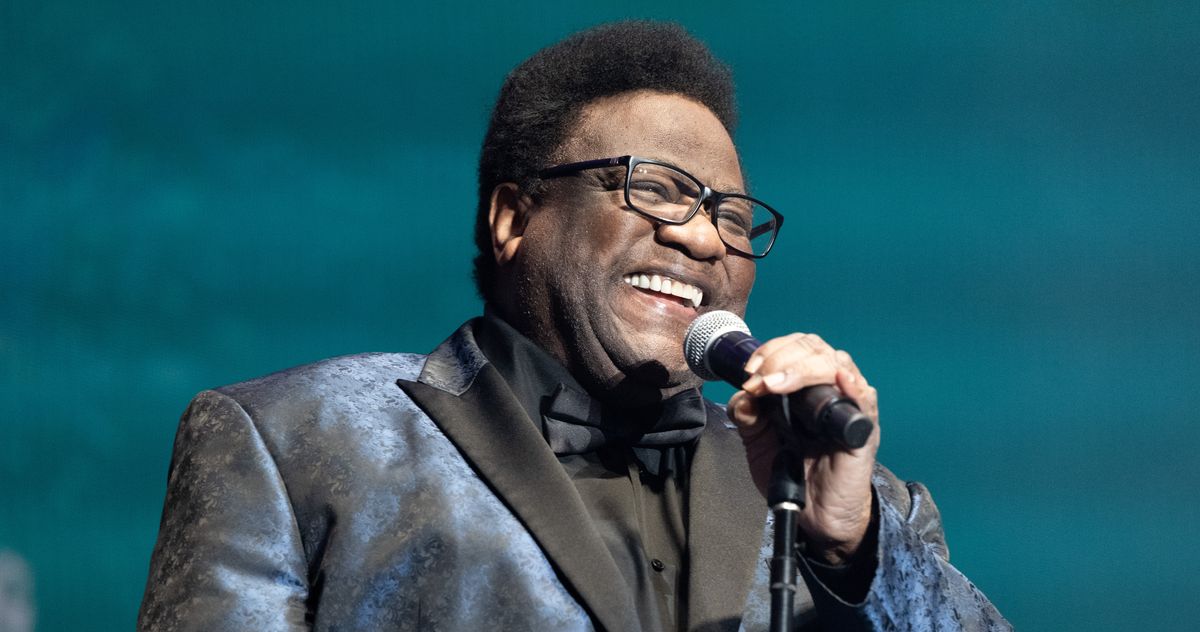Al Green's Protest During Trump's Speech Sparks Outrage and Discussion
On March 4, 2025, during President Donald Trump’s address to a joint session of Congress, Texas Representative Al Green made headlines for interrupting the speech in dramatic fashion. Known for his progressive stances and outspoken critiques of the former president, Green’s protest took center stage as he expressed his opposition to Trump’s proposed cuts to Medicaid. The incident quickly escalated, drawing national attention and raising questions about decorum in the legislative process, free speech, and the lengths to which elected officials should go to make a point.
The Outburst
As President Trump addressed Congress, discussing his legislative agenda and the country’s economic outlook, Al Green, a Democratic representative from Texas, stood up from his seat and began shouting “No mandate!” He waved a cane as he protested loudly against the potential cuts to Medicaid, a program that millions of Americans rely on for healthcare coverage. Green’s actions were in stark contrast to the normal decorum expected during such speeches, where members of Congress are expected to maintain silence and respect for the occasion.
Green’s protest wasn’t a spontaneous act. He has long been an advocate for the preservation of healthcare programs like Medicaid and has consistently voiced concerns over Republican proposals to cut or reduce the program’s funding. For Green, the issue was personal. As a representative of a district with a high percentage of low-income families, the potential impact of cuts to Medicaid would severely affect his constituents.
The Aftermath
House Speaker Mike Johnson, a Republican from Louisiana, immediately ordered Green to be removed from the chamber. Security personnel, including the House Sergeant at Arms, swiftly escorted Green out as Republican members of Congress chanted “USA! USA!” in an attempt to drown out the protest. In the heated atmosphere, many members of the Republican Party criticized Green’s actions as disrespectful, with some calling for disciplinary measures to be taken against him.
Following his removal, Green spoke to reporters, stating that he was willing to face any consequences for his actions. “It’s important to stand up against policies that would harm millions of people,” Green said. “Medicaid is a lifeline for so many Americans, and I will not sit quietly while it is being threatened.” He also emphasized that the protest wasn’t just about the specific cuts being proposed but about holding the government accountable for its actions, particularly when it comes to protecting vulnerable populations.
A Larger Conversation
Green’s protest sparked a broader conversation about political protests and the role of elected officials in challenging the actions of the government. Some saw Green’s actions as a courageous stand for the rights of his constituents, while others viewed it as a breach of protocol and a distraction from the proceedings. For Green, however, the principle of standing up for what he believes is right outweighed the consequences.
This incident also raised questions about the broader issue of how elected officials should engage with the executive branch and the legislative process. Protests have historically been a powerful tool for change in American politics, from the Civil Rights Movement to the protests against the Vietnam War. In this case, Green used his position within Congress to amplify his concerns about Trump’s policies, and while some may disagree with his methods, his protest brought national attention to an issue that affects millions of Americans.
Conclusion
While Al Green’s protest during President Trump’s address to Congress was certainly a disruption, it also highlighted the deep divisions and passionate debates over healthcare reform in the United States. As the political landscape continues to evolve, it remains to be seen how such protests will be received by lawmakers and the public. One thing is clear: Green’s willingness to take a stand, even at the risk of facing punishment, has sparked significant conversation about the limits of political expression and the importance of standing up for the values that shape the nation’s future.
This article summarizes the incident and reflects on its broader implications.



0 Comments